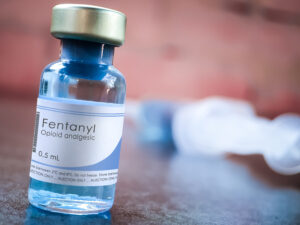
Addiction and anxiety are two mental health disorders that often go hand-in-hand, fueling each other in a vicious cycle of mental deterioration.
In fact, addiction, anxiety, and depression are so closely related that it’s estimated that close to 7.7 million adults have co-occurring mental and substance use disorders.
Anxiety and Addiction: A Loop of Suffering
Addiction, anxiety, and depression are all co-occurring disorders that tend to exacerbate each other.
The cycle goes something like this:
- An addict consumes drugs which creates a physical and mental imbalance
- The drug then depresses the addict or causes anxiety
- In order to feel happy or less anxious the addict consumes drugs again
- The drugs aggravate their co-occurring disorder(s)
- More drugs are needed to calm the worsening symptoms of anxiety and/or depression
- Rinse and repeat
As one may imagine, this vicious cycle could quickly lead addicts down a path of self-inflicted destruction and worsen the dual diagnosis to the point where the addict will not be able to get well without the necessary help.
Substance abuse could also cause problems in an addict’s life that could lead to more stress and anxiety.
For example, drug or alcohol use can lead to financial struggles, legal problems, and strained relationships, all of which are major contributors to the development of anxiety.
Anxiety and Substance Abuse
Addicts with a developing co-occurring disorder or those already suffering from mental health issues seeking to soothe their suffering are both at equal risk of falling prey to the loop of suffering.
People with anxiety disorders are more likely to struggle with substance abuse, and substance abuse can worsen anxiety symptoms. This places a great part of the U.S. population at risk considering that data shows the prevalence of anxiety in America.
Close to 31% of U.S. adults experience an anxiety disorder at some point in their life. It’s estimated that at least 19% of them had an anxiety disorder last year.
While most people suffering from anxiety will have mild symptoms, data shows that at least 43% of them will suffer from a mild impairment.
It’s this part of the population that could be at the highest risk as they might not feel their problem is grave enough to consult a doctor but instead might take to self-medicating at home with drugs or alcohol.
Treating Co-Occurring Anxiety and Substance Abuse Disorders
People suffering from addiction and anxiety could be more likely to struggle when it comes to treatment. That’s because addiction, anxiety, and depression can’t be treated in their own bubble.
If an addict is suffering from a dual diagnosis, then a holistic comprehensive approach must be taken to address both conditions simultaneously.
If all conditions are not addressed as one, it could be a waste of time for the patient. If an addict is able to stop taking drugs without treating their anxiety and depression, they risk that those disorders will lead them back to a relapse.
One effective way to ensure addiction and anxiety are treated correctly is by attending a rehab center that offers evidence-based treatments and that takes a holistic approach to recovery.
These rehab centers usually employ effective forms of therapy for co-occurring disorders like cognitive-behavioral therapy (CBT).
CBT can help recovering addicts with anxiety by teaching them coping mechanisms to manage their symptoms without needing to turn to drugs or alcohol to soothe them.
This form of therapy can also help address the underlying issues that may be fueling their addictions in the first place.
Finding Anxiety and Substance Abuse Disorder Treatment
If you or someone you love is suffering from addiction, anxiety, and depression then you must act quickly in order to get them the help they need before the symptoms exacerbate each other.
Elysium Healthcare offers top-rated addiction treatment programs in the U.S. that can help you or your loved ones get the help you need to free yourself from the loop of suffering.
Contact us today and see how our treatments can help.








No comment yet, add your voice below!